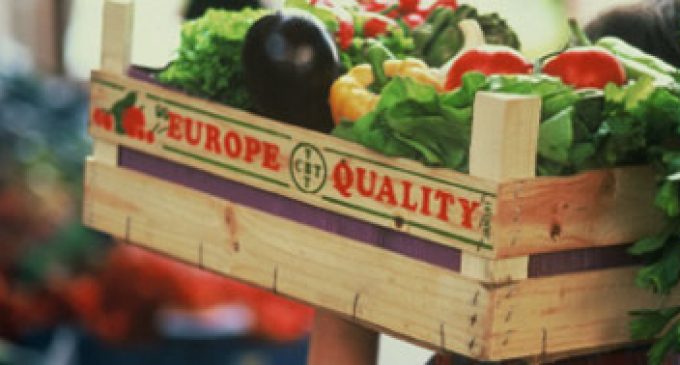Safety Net Measures For EU Fruit and Vegetables Extended

The European Commission has formally extended until the end of June 2017 the safety net measures for the EU fruit and vegetables sector. The safety net measures were first introduced in 2014 in response to the Russian ban on the import of EU fruit and vegetables and were already extended one year ago.
The measures aim to ease market pressures for those fruits and vegetables that were previously exported to Russia. They consist mainly of withdrawals of produce for free distribution to charitable organisations and for “other purposes” (such as animal feed, composting, and distillation). The measures cover tomatoes, carrots, cabbages, sweet peppers, cauliflowers and headed broccoli, cucumbers and gherkins, mushrooms, apples, pears, plums, soft fruit, fresh table grapes, kiwifruit, sweet oranges, clementines, mandarins, lemons, peaches and nectarines, sweet cherries and persimmons.
Since the beginning of the Russian ban in August 2014, total quantities of fruits and vegetables that have benefited from the exceptional measures exceed 1.13 million tons covered by a Union aid of almost €280 million. In the face of the Russian ban, EU farmers have proved to be exceptionally resilient, with agri-food exports to third countries having increased by 4% in value compared with the previous year. However, the impact was uneven across sectors and countries.

































